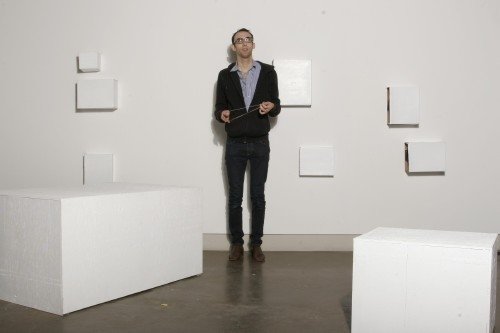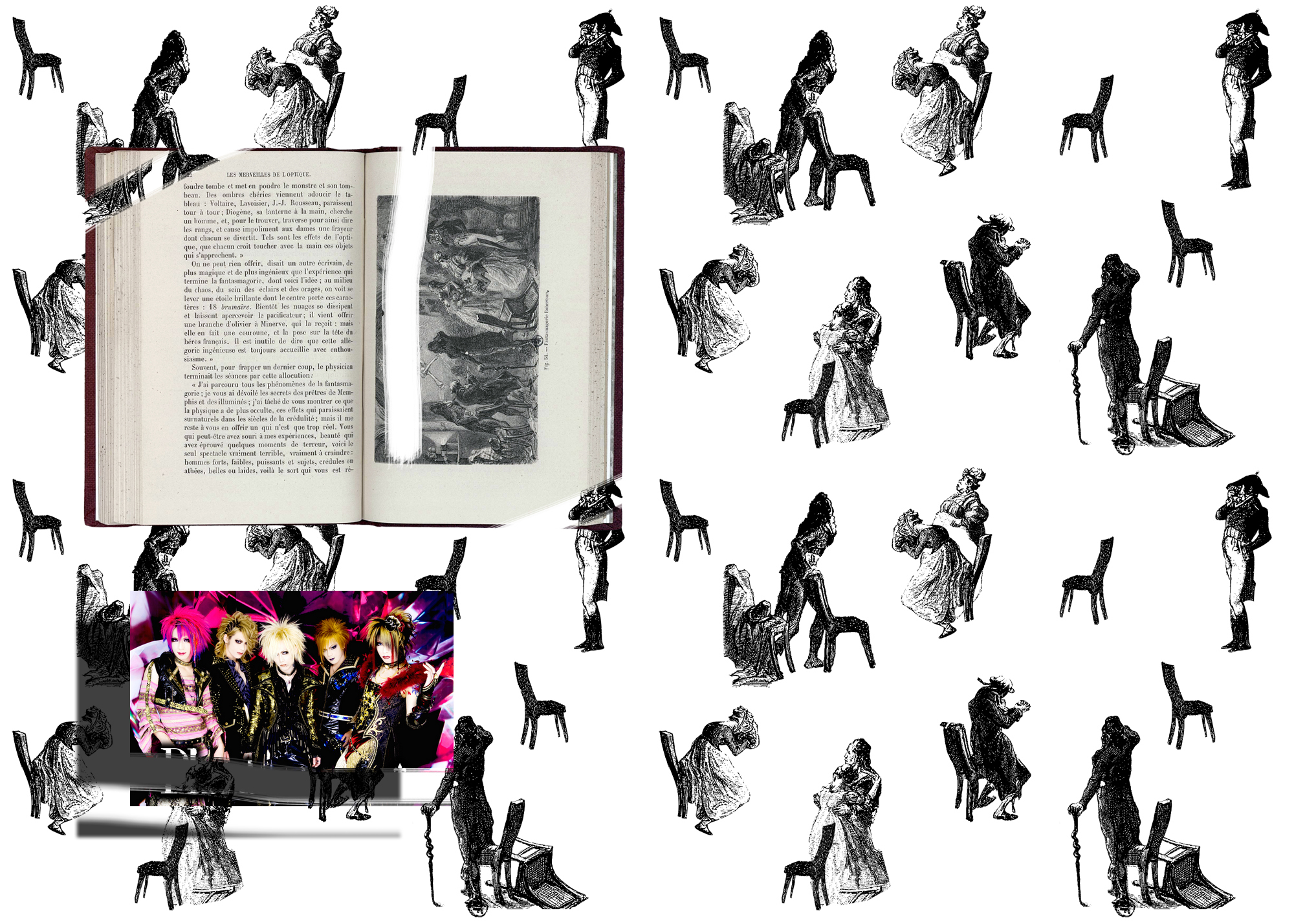Finale
– After all this let me ask you, why do you write as you do, knowing it will not be read, knowing you write only for one.
– Ah here you say what you long have intended. You want to know if I, in the end, am this audience of one? Do I write only for myself to then think upon?
– Yes.
– I may be.
– That is all you will say?
– I may as well be.
– I do not understand your inversions.
– All but the dream of God. This could be. This world. And then I write for no one but He.
– So now you say the poet is sacred. Sacred, yet not critical.
– In a way that is true. The poet is more prophet than priest.
– But does the prophet not preach?
– Yes.
– Now I have you.
– But he preaches to no one.
– The circle we have rounded!
– Not a circle. The poet is not opposed to priest or critic. He is the one who gives them a sky and stars to look upon, to form their laws and see the world they will make.
– And who is the poet?
– We are the poet. The sky is the poet.
(silence)
– And the empty room?
– It writes itself. Or it does not. It is nobody who writes. It is nothing. There is a poet or there is not. It makes no difference.
– You say meaningless words when you speak. Words never intended to be spoken.
– Yes, the precondition of the poet. Say what should never be spoken. If it should have been spoken, it would have been thought. And thus not the context for rhythm or song.
– What is left for the artist to do, after you have denied him so much?
– There is the world today. A task he has forgotten. Thus we live in one we choose not. Or I choose not, when I am not poet.
– Is this not itself politics?
– I am one. I make what I make if I pick up a pen or I lay upon the earth and look up at the stars.
(silence)
– In the end, which we quickly approach, I feel saddened by all you have said. There is something in this aloneness that I reject. A tenor to your voice that says, ‘pull me back, pull me back to you’ simultaneous to your words which say, ‘I am alone’. Must you be poet if to speak means to be speaking to oneself?
– Is it sad that I am alone? Yes it may be. Sadness in the making of the world. But it is only sadness in not being oneself, contained to oneself. It is the sadness of unfolding. Of showing the cards that remained hidden in one’s hand. The sadness of the works that remain unwritten. This is the sadness of the poet.
– You say what you cannot. The poet speaks, and thus inaugurates the condition of thought, yes? This is what you have presented to me. You unfold in sadness and then dance in the world, keeping hidden the tears caused by the pain of expression.
– Yes, far away from any discussion of beauty, community, artifice. Only the inaction of something I make for myself.
– Yourself?
– Or maybe another.
– We have said this before. I have questioned, you have responded. We circle each other and go no further than an empty signal in the sound. A message carried off to sea. Now I have something more to say. Or to ask. Let me put it to you as follows: A man stands looking out at the sea. It is night. He sees the waters rise up and blur at the horizon. Sky, waters, his dreams and thoughts. His wants in the night. He breathes slowly and looks up to the stars. They shine harsh and bright upon him. Am I to be like you, he asks himself? Must I simply remain, unfixed, unpaused. A law which says, shine upon the night. He asks this to himself then looks down. I break this law, he says out loud to the sea. I break this law in beauty. When I think upon the beauty of these waves drifting onto the nighttime shore. The beauty of not knowing water from shore in the shine of the evening stars.
(silence)
– I am the stars.
– The stars shine together.
– I shine alone. Or for my reflection. There across time. Lost in the depth of the night.
End

